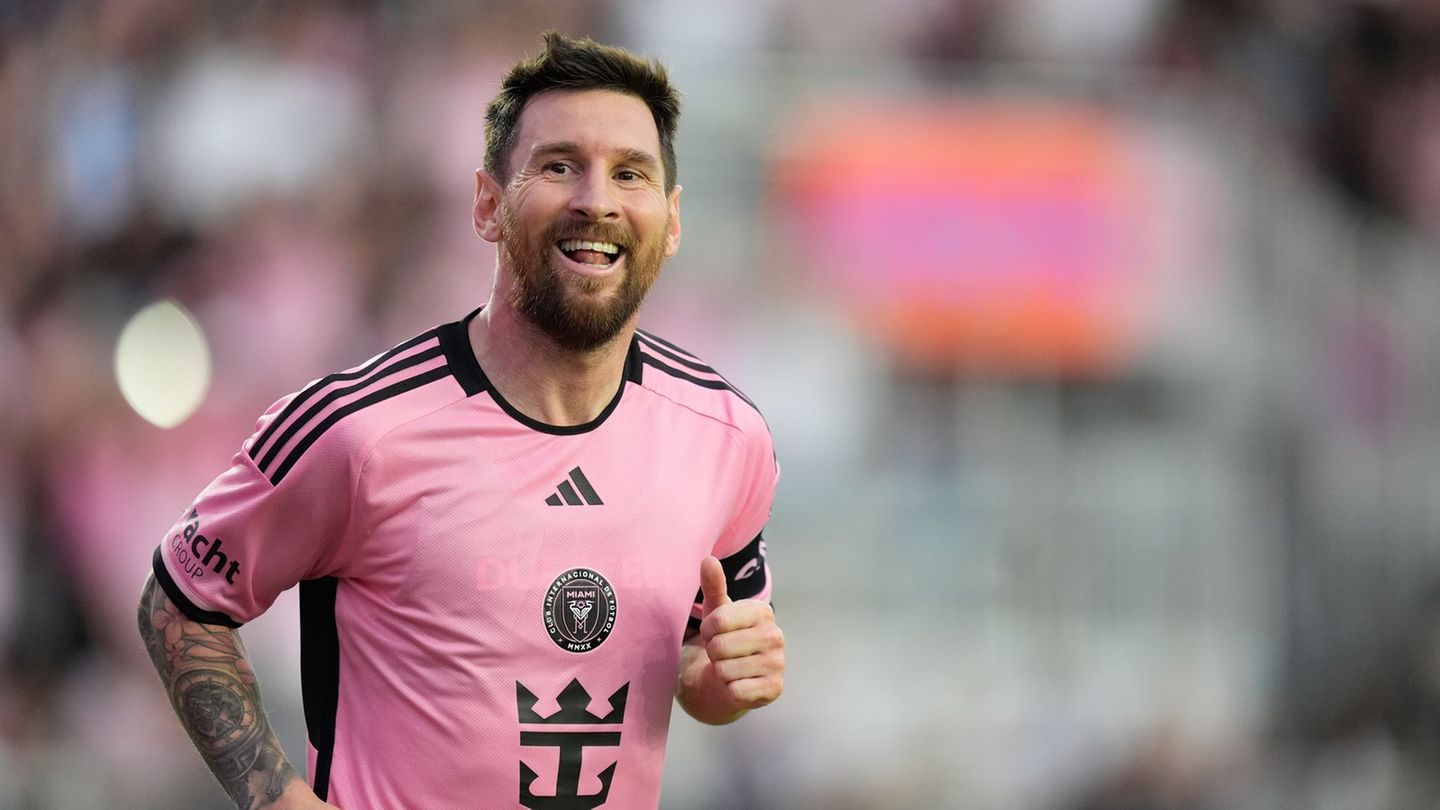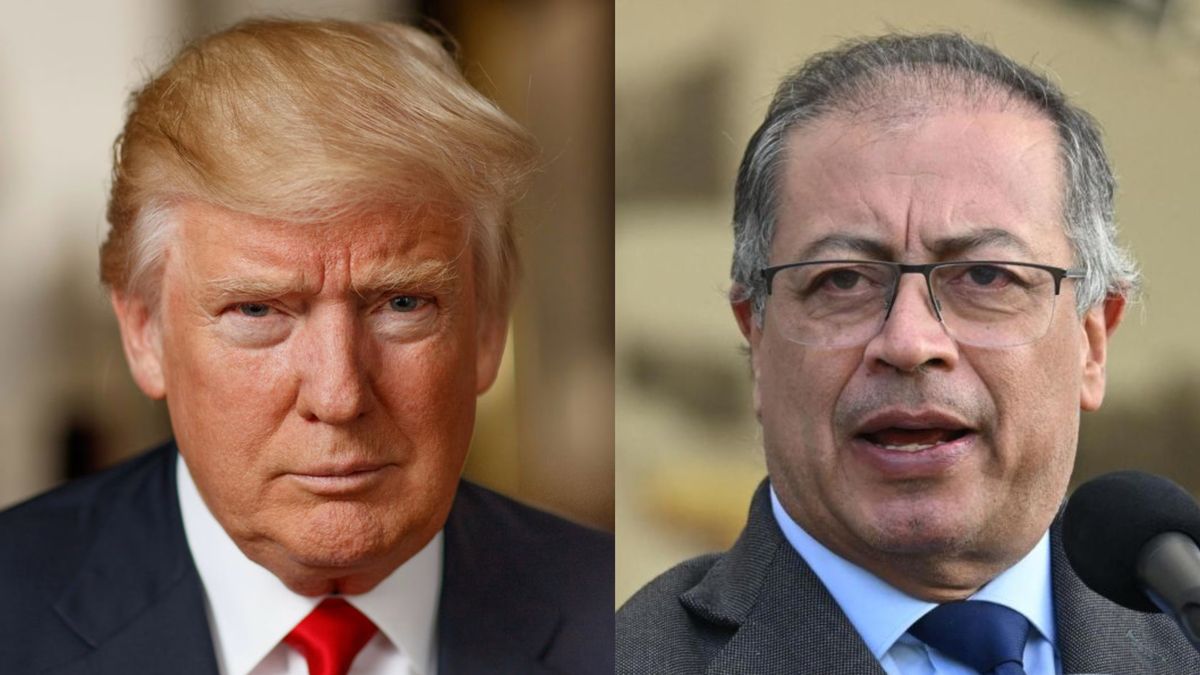I have been working in the news industry for over 6 years, first as a reporter and now as an editor. I have covered politics extensively, and my work has appeared in major newspapers and online news outlets around the world. In addition to my writing, I also contribute regularly to 24 Hours World.
Menu
Alliance defense: Greenpeace study: NATO remains clearly superior to Russia
Categories
Most Read
SPD counters Merz and calls for a “cityscape” strategy
October 23, 2025
No Comments
Ukraine war: Ukraine attacks Rosneft refinery in Ryazan
October 23, 2025
No Comments
Federal Constitutional Court: No job for non-religious people? Karlsruhe overturns church ruling
October 23, 2025
No Comments
Reaction to the Ukraine war: EU summit begins with decision for Russia sanctions
October 23, 2025
No Comments
Lars Klingbeil admonishes Merz – and gets “very specific” with the AfD
October 23, 2025
No Comments
Latest Posts

Lionel Messi: New contract in Miami: Messi’s path to the World Cup is clear
October 23, 2025
No Comments
PierceI am Pierce Boyd, a driven and ambitious professional working in the news industry. I have been writing for 24 Hours Worlds for over five

Get to know the list of the Argentina Under 17 National Team for the Youth World Cup in Qatar
October 23, 2025
No Comments
October 23, 2025 – 12:16 Diego Placente, coach of the youth team, reported the list of those called up for the World Cup event, which

Donald Trump accused Gustavo Petro of being a thug who manufactures many drugs
October 23, 2025
No Comments
October 23, 2025 – 12:15 The US president denounced the Colombian president and suspended financial aid, while the Pentagon reports attacks on drug boats off
24 Hours Worlds is a comprehensive source of instant world current affairs, offering up-to-the-minute coverage of breaking news and events from around the globe. With a team of experienced journalists and experts on hand 24/7.

